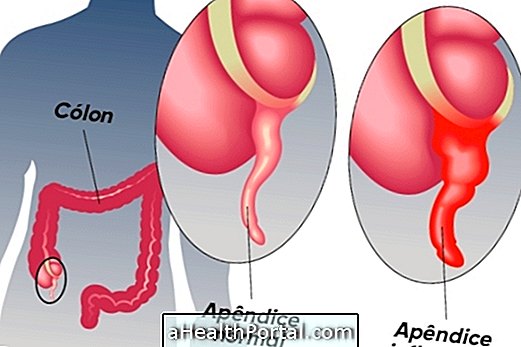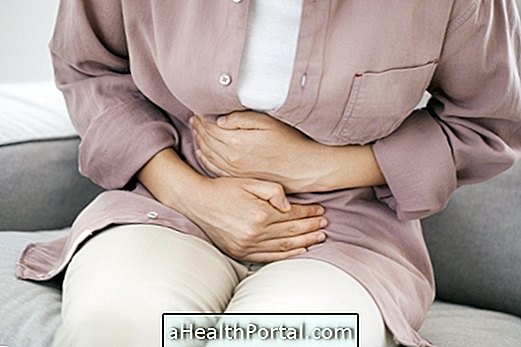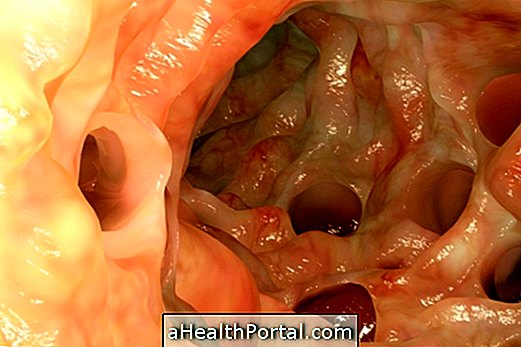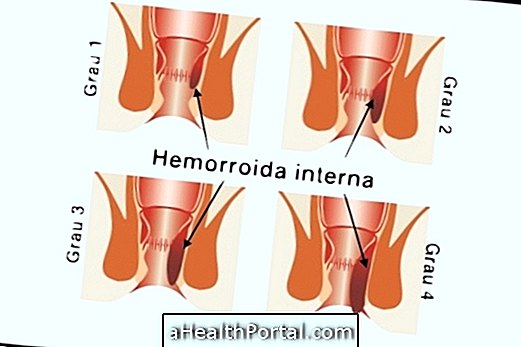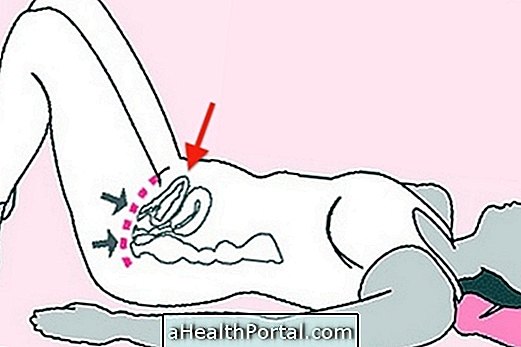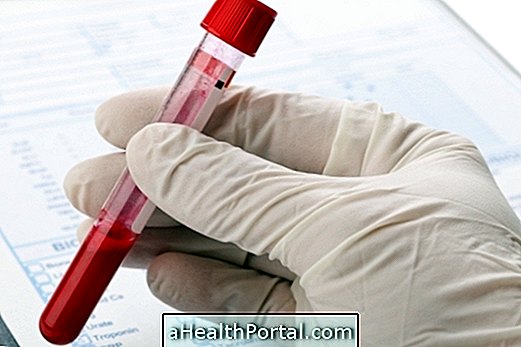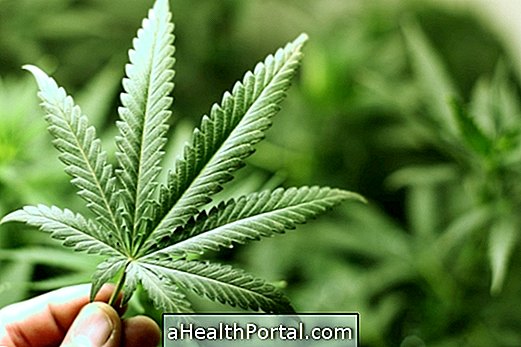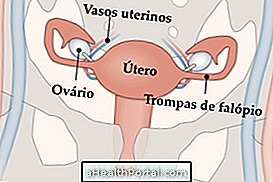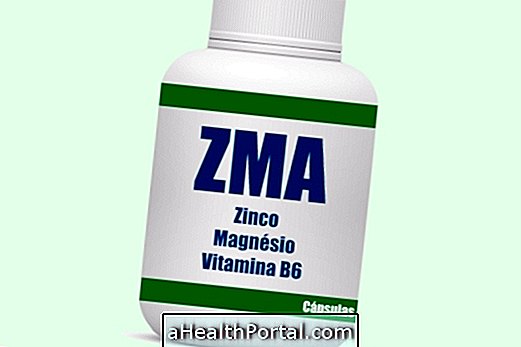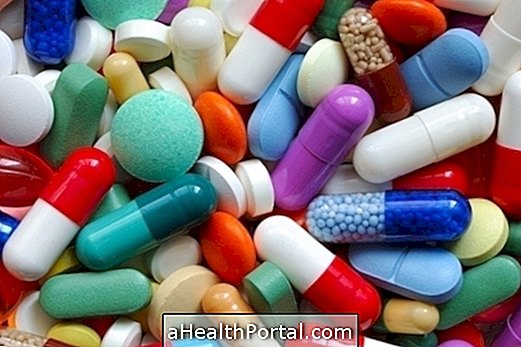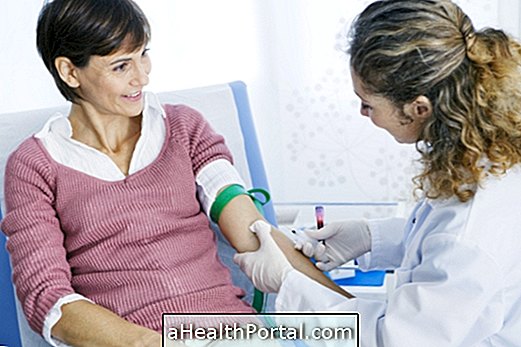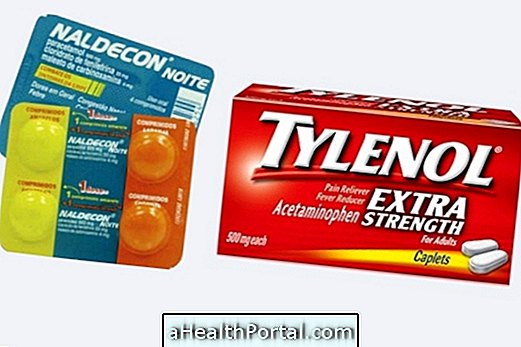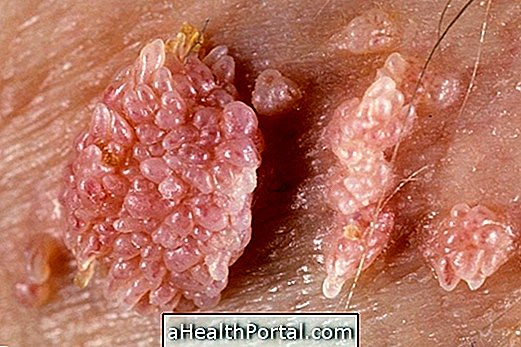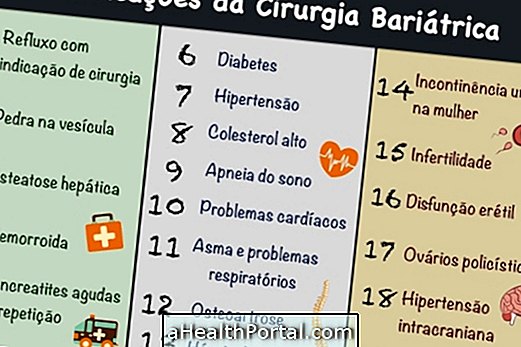To treat liver diseases such as cirrhosis or hepatitis, for example, it is usually necessary to follow guidelines such as rest, medications prescribed by the doctor, surgery, diet indicated by the nutritionist and the practice of physical exercise regularly or physical therapy if you can not practice exercise.
Treatment can be done at home or it may be necessary to stay in the hospital to be hydrated, drain the abdominal fluid if there is any, or receive the remedies through the vein, and this varies according to the stage or severity of the disease. The gastroenterologist or hepatologist are the doctors who should indicate the best treatment.
It is important that the disease in the liver is treated as soon as it is identified, as it can worsen over time and cause several unpleasant symptoms, such as pain in the abdomen on the right side, swelling of the belly, yellowing of the skin and eyes, and yellowish, black or white, so when any of these symptoms are present, the individual should consult with the doctor to determine what type of liver disease, its cause and indicate appropriate treatment. Learn to identify the main symptoms of liver problems.
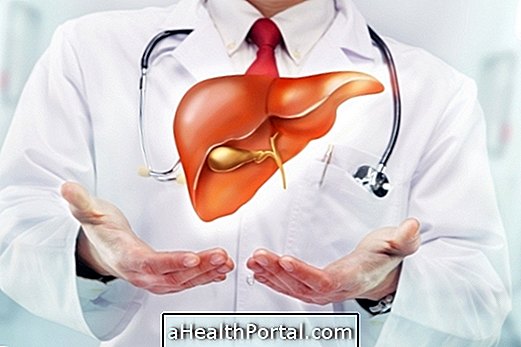
Treatment Options
The treatment options performed for liver diseases vary according to their causes and severity and should be indicated for each person according to the doctor's recommendations. Some of the main options include:
- Rest, hydration and care with food, in the case of acute inflammations of the liver, such as hepatitis;
- Diet with whole foods and low in fat, regular practice of physical activity and weight loss, in case of fat in the liver. Check out the nutritionist's dietary guidelines for fat in the liver;
- Use of drugs, such as antivirals for hepatitis B or C, antibiotics for infections, such as abscess, corticosteroids for autoimmune hepatitis, or other specific drugs such as to remove excess iron in hemochromatosis or copper in the disease of Wilson, for example.
- Use of laxatives to regulate the bowel, diet or drainage of the abdominal fluid and use of laxatives to regulate the intestine, when the disease reaches the stage of cirrhosis. Learn more about treatment options for cirrhosis;
- Surgery in case of obstruction of the bile ducts or removal of any part of the liver, if there are lesions or tumors in the organ;
- Chemotherapy or radiotherapy can also be done in the case of liver cancer. Learn how to identify and what to do in case of liver cancer;
- Liver transplantation is done in some cases where the liver stops working, such as in severe liver cirrhosis caused by diseases such as liver cirrhosis due to alcoholism, hepatitis B or C or biliary cirrhosis, for example.
In addition, for regular liver function and treatment to be effective, other conditions such as diabetes, high blood pressure or high cholesterol need to be controlled, and regular appointments, as ordered by the physician, are important for control examinations and treatment adjustments.
Other important recommendations for treating liver disease are not using drugs, alcohol or unnecessary medications. However, treatment for liver diseases can be prolonged, so it may be necessary for the individual to take the medications indicated by the doctor for life.
How should food be

Caring for food is very important in the treatment of any liver disease as it helps in the regeneration of liver cells and causes the liver to continue to perform its function of converting food into energy and detoxifying the body.
1. What to eat
The diet for people with liver disease includes easily digestible foods, such as:
- Grilled fish;
- Cooked chicken without skin;
- Salads;
- Gelatine;
- Fruits, shelled and mainly cooked;
- White rice;
- Vegetables and greens, especially those with dark green leaves.
In addition, it is important for the individual to drink about 2 liters of water per day.
2. What not to eat
Foods that should be avoided by anyone with liver disease include:
- Greasy food;
- Soft drinks;
- Fried food;
- Sweets;
- Coffee;
- Spice;
- Red meat;
- Fried eggs;
- Canned, sausages and sausages.
Alcohol consumption is also contraindicated because alcohol has a toxic effect on liver cells.
Natural Treatment for Liver Diseases
Natural treatment for liver diseases can be done with thistle capsules, sold in health food stores, under doctor's guidance or thistle-marian tea, as this medicinal plant has anti-inflammatory, astringent, antioxidant properties, cleansers, and digestion facilitators that help treat liver problems and do not replace other medications prescribed by your doctor.
To make thistle-marian tea, simply add 1 tablespoon of dried thistle leaves to 1 cup of boiling water and drink the tea about 3 times a day.
Check out more recipes and natural treatment options for liver problems.

